1. The relationship between oral health and vitamin K
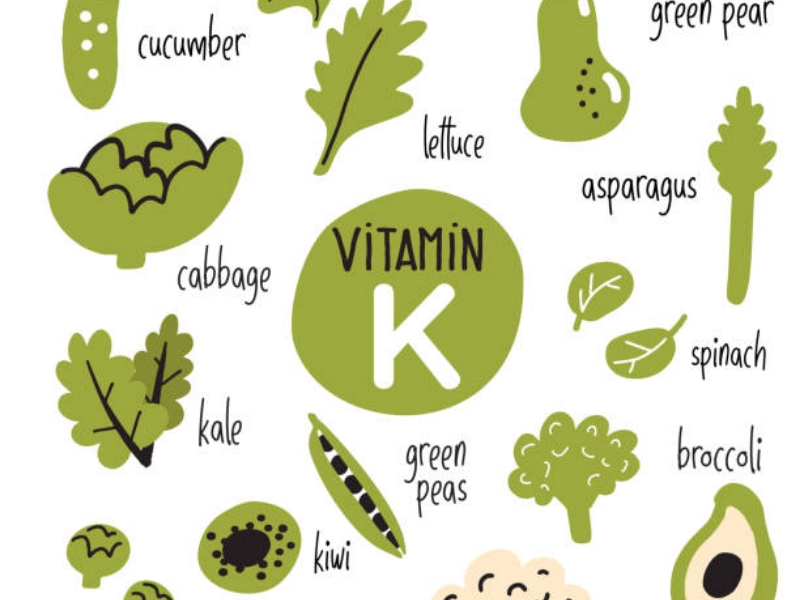
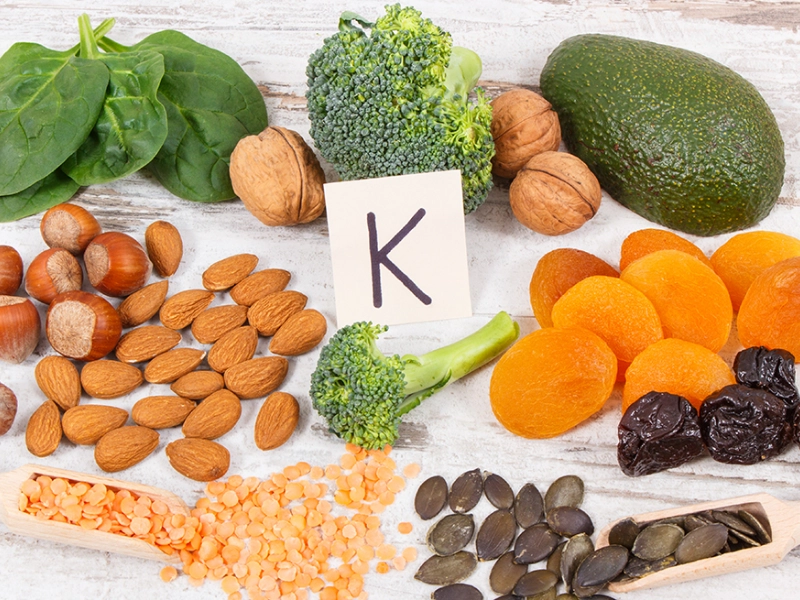 Vitamin K comes mostly in two forms: K1 and K2. Mostly present in green leafy vegetables including spinach, kale, and broccoli, vitamin K1, sometimes known as phylloquinone, Conversely, animal products, including cheese, egg yolks, and some meats, as well as fermented meals, contain vitamin K2, sometimes known as menaquinone. While both types of vitamin K enhance oral health, vitamin K2 has been demonstrated to have a more important effect on dental health by encouraging the remineralization of teeth and so supporting gum health.
3. Vitamin K strengthens teeth.
Vitamin K comes mostly in two forms: K1 and K2. Mostly present in green leafy vegetables including spinach, kale, and broccoli, vitamin K1, sometimes known as phylloquinone, Conversely, animal products, including cheese, egg yolks, and some meats, as well as fermented meals, contain vitamin K2, sometimes known as menaquinone. While both types of vitamin K enhance oral health, vitamin K2 has been demonstrated to have a more important effect on dental health by encouraging the remineralization of teeth and so supporting gum health.
3. Vitamin K strengthens teeth.
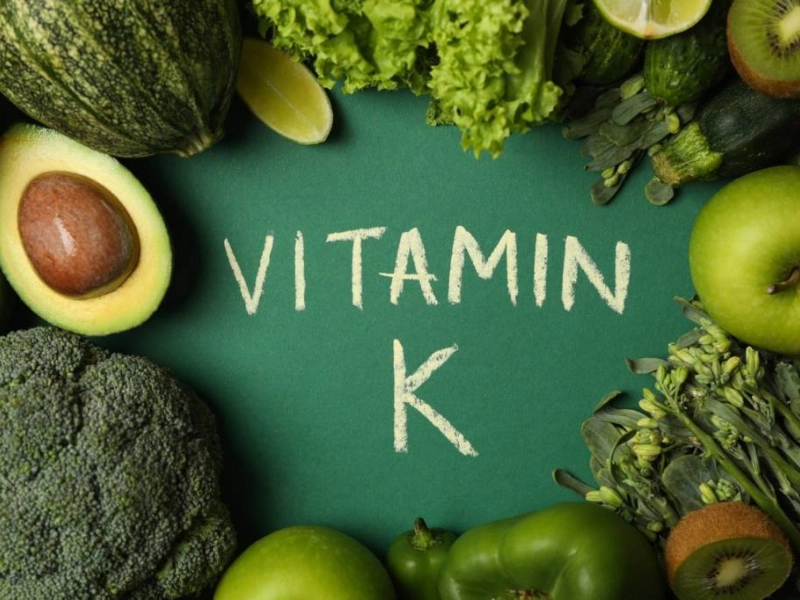 One of the main advantages of vitamin K is its part in enhancing dental strength. This vitamin helps activate proteins necessary for the development of dentin, the hard tissue underlying most of a tooth, from which enamel forms. Through encouraging the synthesis of these proteins, vitamin K can improve the structural integrity of teeth, increasing their resistance to damage and decay. Furthermore, enough vitamin K can support the remineralization process, therefore restoring early stages of tooth decay before they advance.
4. Promoting gum health
One of the main advantages of vitamin K is its part in enhancing dental strength. This vitamin helps activate proteins necessary for the development of dentin, the hard tissue underlying most of a tooth, from which enamel forms. Through encouraging the synthesis of these proteins, vitamin K can improve the structural integrity of teeth, increasing their resistance to damage and decay. Furthermore, enough vitamin K can support the remineralization process, therefore restoring early stages of tooth decay before they advance.
4. Promoting gum health
 General dental health depends on healthy gums; hence, vitamin K is quite important in preserving gum integrity. This vitamin ensures that calcium is deposited in the teeth and bones instead of the soft tissues, particularly the gums, therefore helping the body to control calcium. Appropriate calcium control can help to avoid gum disease, sometimes marked by inflammation and bleeding. Including foods high in vitamin K into the diet helps people support their gum condition and lower their risk of periodontal problems.
5. Vitamin K's Part in Bone Health
General dental health depends on healthy gums; hence, vitamin K is quite important in preserving gum integrity. This vitamin ensures that calcium is deposited in the teeth and bones instead of the soft tissues, particularly the gums, therefore helping the body to control calcium. Appropriate calcium control can help to avoid gum disease, sometimes marked by inflammation and bleeding. Including foods high in vitamin K into the diet helps people support their gum condition and lower their risk of periodontal problems.
5. Vitamin K's Part in Bone Health
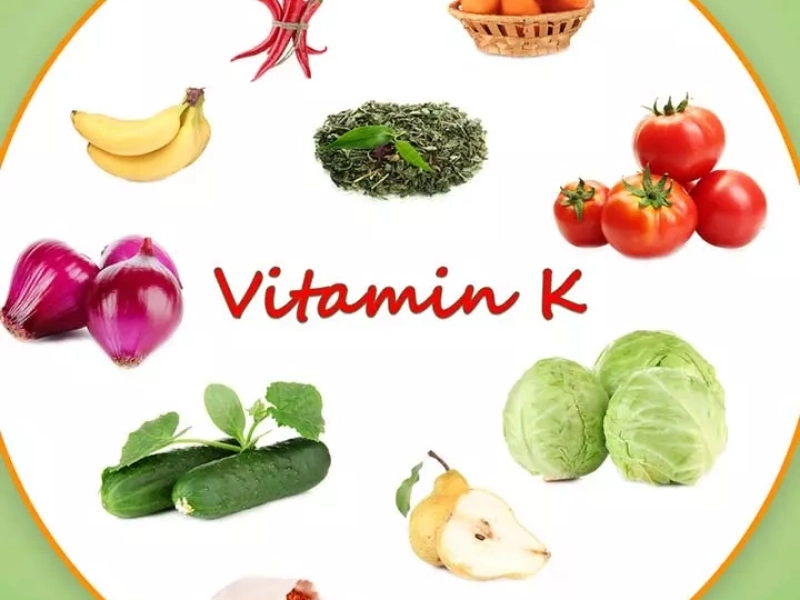 The well-known function of vitamin K is in bone health; this link also applies to dental health. Supporting the teeth and jaw structure calls for strong bones. Vitamin K aids in the formation of osteocalcin, a protein that hooks calcium to the bone matrix, therefore improving bone density. A strong basis for teeth comes from a healthy jawbone, therefore lowering the risk of tooth loss and other dental issues. Thus, ensuring enough vitamin K intake can help with both dental and bone health.
6. Dietary Vitamin K Sources
The well-known function of vitamin K is in bone health; this link also applies to dental health. Supporting the teeth and jaw structure calls for strong bones. Vitamin K aids in the formation of osteocalcin, a protein that hooks calcium to the bone matrix, therefore improving bone density. A strong basis for teeth comes from a healthy jawbone, therefore lowering the risk of tooth loss and other dental issues. Thus, ensuring enough vitamin K intake can help with both dental and bone health.
6. Dietary Vitamin K Sources
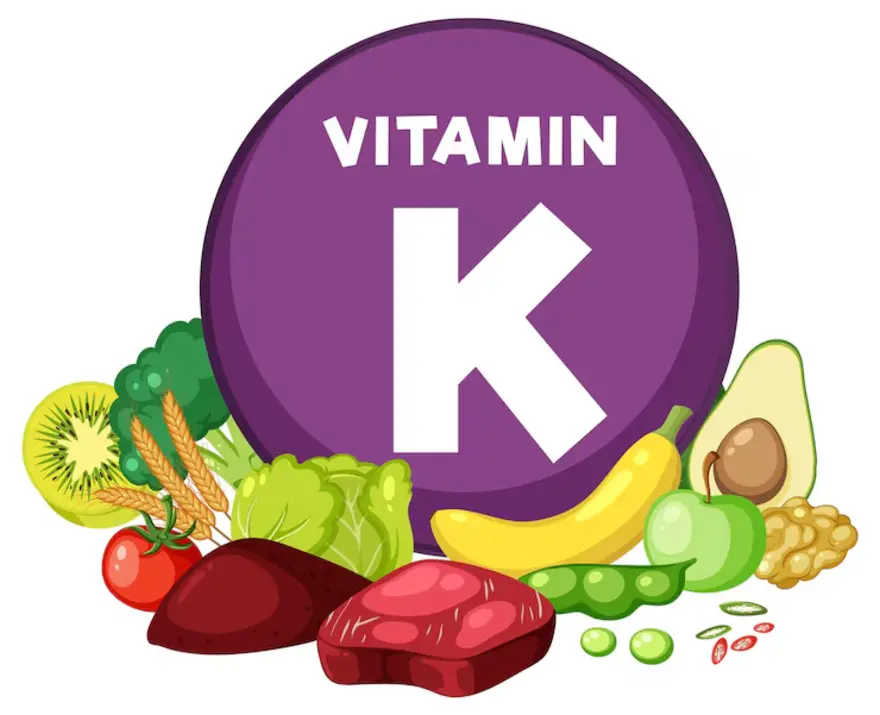 Given many great foods are high in vitamin K, including this vital ingredient is really simple for your diet. Excellent providers of vitamin K1 are leafy greens, including kale, spinach, and Swiss chard. Fermented foods, including natto, sauerkraut, and some cheeses, are excellent choices for those trying to boost their consumption of vitamin K2. Furthermore, supplying vitamin K2, animal sources include egg yolks and liver. These items help you to diversify your diet and guarantee enough vitamin K to support your oral condition.
7. The Value of Balance
Given many great foods are high in vitamin K, including this vital ingredient is really simple for your diet. Excellent providers of vitamin K1 are leafy greens, including kale, spinach, and Swiss chard. Fermented foods, including natto, sauerkraut, and some cheeses, are excellent choices for those trying to boost their consumption of vitamin K2. Furthermore, supplying vitamin K2, animal sources include egg yolks and liver. These items help you to diversify your diet and guarantee enough vitamin K to support your oral condition.
7. The Value of Balance
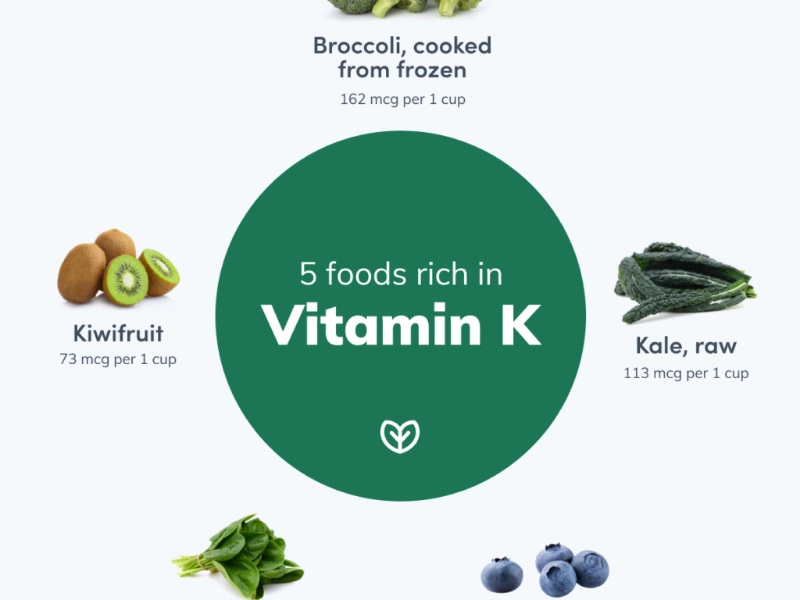 Although dental health depends on vitamin K, a balanced diet comprising a range of nutrients is still vital. Minerals and vitamins interact so that the presence of one nutrient usually determines the efficacy of another. Along with vitamin K, eat enough of vitamin D, calcium, and phosphorous for best oral health. Stronger teeth and better gums are only two of the advantages of each nutrient that this well-rounded strategy helps optimize.
8. Review of Vitamin K's Function in Oral Health
Although dental health depends on vitamin K, a balanced diet comprising a range of nutrients is still vital. Minerals and vitamins interact so that the presence of one nutrient usually determines the efficacy of another. Along with vitamin K, eat enough of vitamin D, calcium, and phosphorous for best oral health. Stronger teeth and better gums are only two of the advantages of each nutrient that this well-rounded strategy helps optimize.
8. Review of Vitamin K's Function in Oral Health
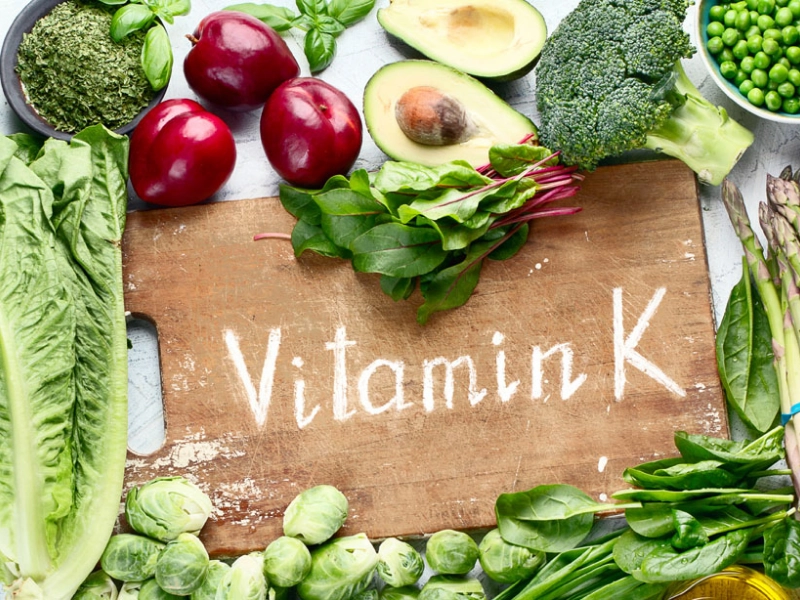 One essential vitamin that greatly helps to maintain healthy gums and strong teeth is vitamin K. Vitamin K supports general oral health by helping tooth remineralization, control of calcium levels, and improvement of bone strength. Including foods high in vitamin K will help to avoid gum disease and strengthen your teeth. Knowing the value of this sometimes disregarded vitamin helps people to be proactive in preserving their oral health and guaranteeing a brilliant, healthy smile for many years to come.
One essential vitamin that greatly helps to maintain healthy gums and strong teeth is vitamin K. Vitamin K supports general oral health by helping tooth remineralization, control of calcium levels, and improvement of bone strength. Including foods high in vitamin K will help to avoid gum disease and strengthen your teeth. Knowing the value of this sometimes disregarded vitamin helps people to be proactive in preserving their oral health and guaranteeing a brilliant, healthy smile for many years to come.